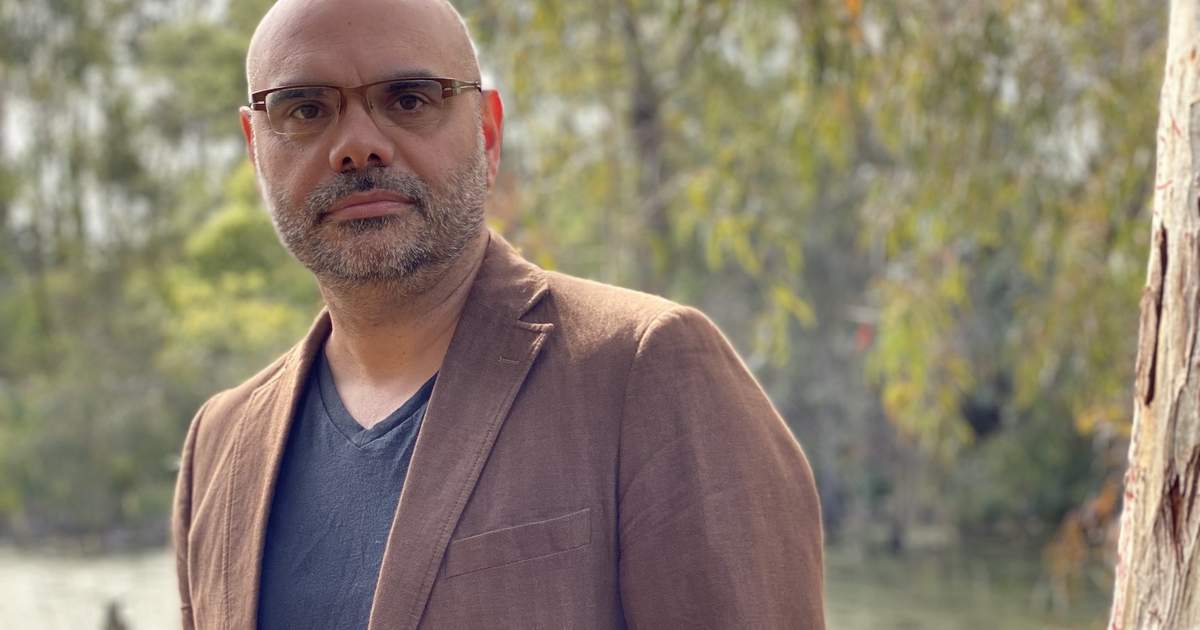Indigenous groups have cautiously welcomed the federal government's announcements to better support remote communities on Monday while noting the majority of the closing the gap targets are not on target.
At the tabling of the Closing the Gap Annual Report and Implementation Plan, the Prime Minister Anthony Albanese said his government would invest in a range of new measures to help close the gap, as well as emphasising policies implemented by Labor since assuming government in 2022.
Minister for Indigenous Australians, Malarndirri McCarthy, reiterated this, telling the Senate the government is "ambitious for Indigenous Australians".
"We know that when policies and programs are created and delivered in partnership; when the community ccontrolled sector is strengthened; when mainstream institutions are transformed; when data and information is shared with community, we will see real, positive changes in the lives of First Nations Australians," she said.
The announcement of a levelling up in price for 30 essential items in 76 remote community stores compared to cities was welcomed by the Central Land Council (CLC), who said First Nations people had been "crying out about unaffordable food and other essentials in their communities".
"We can't beat the epidemic of diabetes, kidney disease and rheumatic fever that is shortening our lives if we can't afford healthy food," CLC chief executive Les Turner said, urging the Coalition to take a bipartisan approach to food security.
The reiteration of economic prosperity for Indigenous people Australia-wide was also welcomed, with the implementation of Indigenous Procurement Policy (IPP) reforms meaning registered Indigenous businesses will need to be 51 per cent owned and controlled to be registered as an Indigenous business.
"We are delighted to hear that the government is progressing the establishment of the First Nations Economic Partnership by mid 2025 under the leadership of the Treasurer," Dr Michelle Evans from the Dilin Duwa Centre for Indigenous Business Leadership said on social media.
Dr Evans also argued the commencement of delivery of a place-based business mentoring and coaching program for Indigenous women and entrepreneurs was an "excellent initiative," which would see the interests and needs of women catered for—on Country.

In their critique of the announcements on Monday, the Federation of Victorian Traditional Owner Corporations said Indigenous people needed increased access to the "capital, markets and land that drive Indigenous economic development, not only jobs and mentoring".
"True self-determination requires the means to set the agenda and define our own success, and this necessarily comes from a strong and independent economic base that isn't tied to government priorities," the Corporation chief executive Paul Patton said.
"But we need more than participation. We need improved access to capital, markets, and business development; accelerated development for and investment in Traditional Owner Corporations; and greater recognition of the rights and opportunities that facilitate First Nations economic and social prosperity if we want to see Closing the Gap targets achieved."
The announcement of 12 remote laundries in the Northern Territory and Central Australia was described as a "vital initiative" by the Aboriginal Investment Group and Heart Foundation in the battle against scabies infections which contribute to Rheumatic Heart Disease (RHD).
Spread in close-quartered, low-hygiene living conditions, RHD remains a significant cause of illness and death among First Nations people.
The Coalition of Peaks lead convenor Pat Turner said whilst it would take time, "the National Agreement has already begun to show results".
"We have seen improvements in critical areas such as the proportion of First Nations babies born at a healthy weight and the increase in the land and sea country under Aboriginal and Torres Strait Islander control," she said.
"These are significant achievements that deserve recognition."
Nevertheless, there was criticism of some aspects of the announcements.
Whilst no new data was released on Monday, the fact remains that only five of the 19 closing the gap targets remained on track, whilst four are worsening. Alice Springs-based Children's Ground said they were "deeply concerned" and argued if closing the gap was a business, "it would be broke".
"While the government procrastinates, First Nations children aren't meeting early development targets, they continue to be taken away from families and held in out-of-home care, and our people continue to be incarcerated, our cultures and languages are under threat and the rates of suicide grow," they said in a statement.
"The status-quo is failing First Nations people. It has to change."
Speaking to reporters on Monday, Senator McCarthy said it was her hope when the Productivity Commission delivered its next set of targets, "I would like to think there will be some changes in those reports and in that data".
Ms Turner said the Closing the Gap framework wasn't just policy, but rather the "intentional pursuit to make life better for our people and for the generations that come after us".
"We will hold governments and ourselves accountable until we achieve real, lasting change," she said.
